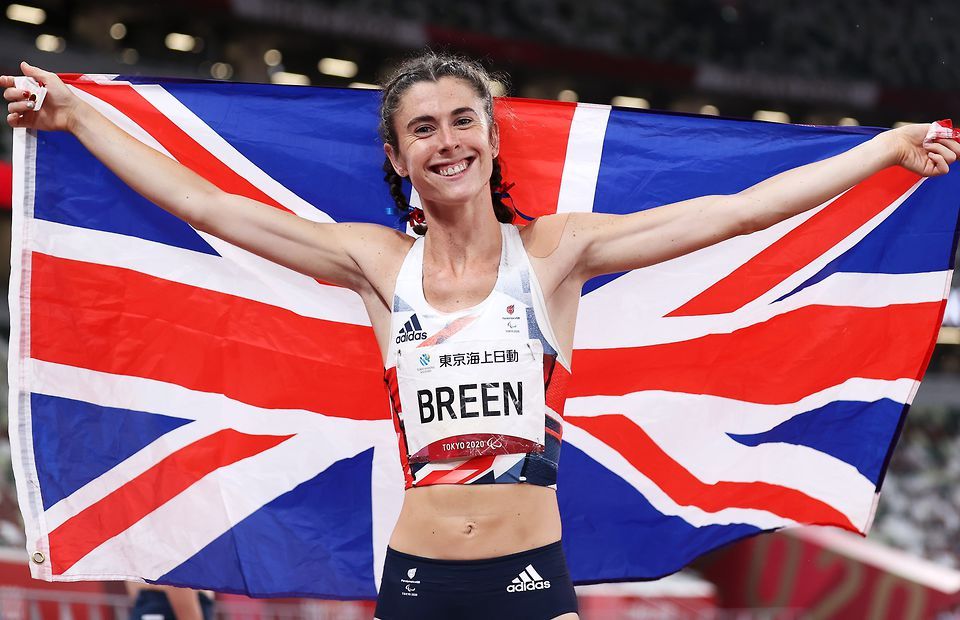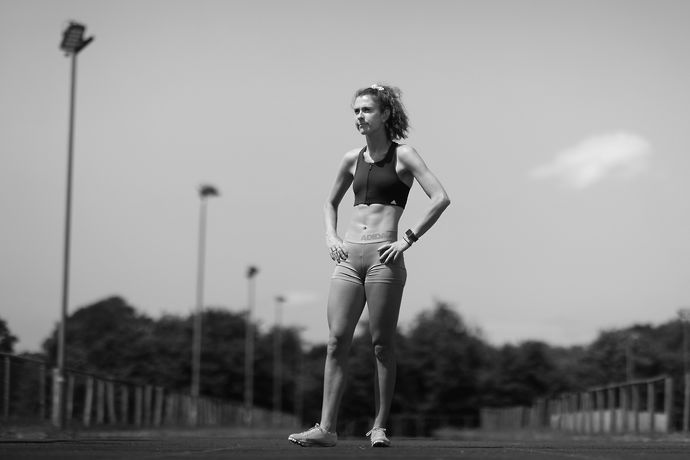In some ways, this week will be groundbreaking for women’s sport. Tomorrow, two women’s cricket teams will take to the pitch at The Oval and get The Hundred underway. It will be the first time a major UK team sport competition launches with a women’s fixture.
Just days later, for the first time ever, a male and female flag-bearer will represent each participating country at the Opening Ceremony of the Olympics. They will be marking the start of a supposedly gender-balanced Games, one which boasts a female participation rate of nearly 49 percent.
Such milestones should be reason to celebrate, but female athletes and proponents of women’s sport were left dejected after it became clear they still had sexist and outdated attitudes to overcome.
Despite progress made in other areas, two incidents this week showed sportswomen are still having their bodies policed by governing bodies and others around them.
The first incident occurred at the European Beach Handball Championships, when Norway professed a desire to play in shorts rather than the conventional bikini bottoms. The team reportedly claimed bikini bottoms made them feel unnecessarily sexualised and uncomfortable when they were on their periods.
Organisers rejected the request from Norway, citing European Handball Federation (EHF) regulations which require female players to wear bikini bottoms with a side width "of a maximum of 10 centimetres."
In the end, Norway wore shorts during their bronze medal match against Spain at the weekend. They were fined €1,500 (£1,295) by the EHF for their "improper clothing."
If there was only one positive from the incident, it was the ferocity and scale of the backlash.
Women around the world made it clear they would no longer stand for such blatant sexism. The scandal even reached the eyes of American pop star P!nk, who immediately offered to pay the fine for the Norwegian players.
The second incident happened to double Paralympic world champion Olivia Breen at the English Championships on Sunday. The 24-year-old described how she finished her long jump competition to be told by a female official that her Adidas briefs were "too short and inappropriate."
"I have been wearing the same sprint style briefs for many years and they are specifically designed for competing in," Breen wrote on social media. "I will hopefully be wearing them in Tokyo. It made me question whether a male competitor would be similarly criticised.
"I recognise that there needs to be regulations and guidelines in relation to competition kit, but women should not be made to feel self-conscious about what they are wearing when competing."
There was yet more outrage following Breen's story, with the athlete invited on to Sky News to recount the frustrating incident.
Despite the apparent paradox of a team being fined for wearing shorts while another athlete was criticised for wearing briefs, both situations highlight the lack of control many female athletes have over their own bodies.
In the case of the Norwegian beach handball team, wearing shorts offered them no competitive advantage, but instead made them feel more comfortable while participating in elite sport.
Despite this, they were fined for simply wearing an outfit they felt would enable them to play at their best. It’s particularly galling that the Norwegian men’s team were able to compete in shorts while their female counterparts could not.
If a team wanted to wear bikini bottoms during their match, that would also be fine. It would be their own decision. But female players should have the freedom to turn down an outfit if they so wish, especially if it makes them feel "unncessarily sexualised."
In the same vein, it was Breen’s decision to wear her Adidas briefs during the English Championships on Sunday. It was her favoured outfit for competition, and she should not have to put up with unwarranted comments about her outfit being "too short" or "inappropriate."
Sadly, these incidents are nothing new. They are a product of the constant policing of women’s bodies in society, which filters into sport – preventing hijab-wearing footballers from taking to the field in France and swimmers with long afro hair from wearing Soul Cap hats while competing.
Ultimately, female athletes should have the freedom to wear whatever they want while playing sport, as long as it does not give them an unfair competitive advantage. They should be able to wear shorts if they are on their period, or wear briefs if that’s what they feel they perform best in.
Why do we care what female athletes wear? It should be their choice to decide on their clothing, and from then onwards, all we should be judging is their performance.
Societal attitudes must be changed, and governing bodies should aid this by updating their sexist and outdated regulations regarding female athletes.
If this does not happen, the policing of the bodies of sportswomen will long continue, and governing bodies will keep on inducing the furore of exasperated women around the world.





















